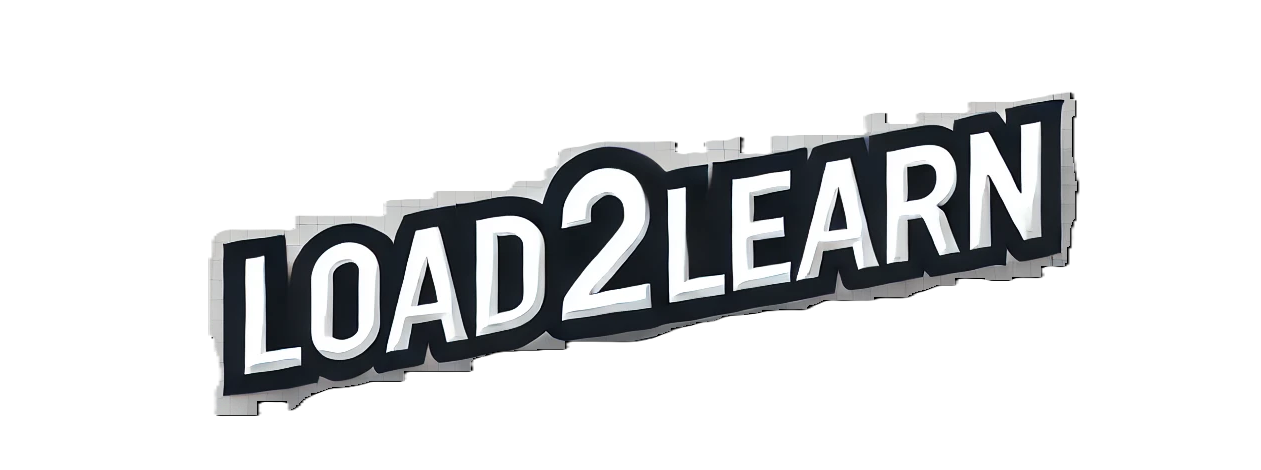Staying efficient online often comes down to the small habits that shape how time is used. The tools chosen, how information is accessed, and the way digital tasks are managed all make a difference. Rather than relying on complex systems, a few simple adjustments can make every day browsing feel more streamlined.
This article shares useful ways to make your online experience smoother. Each suggestion focuses on real, achievable actions designed to save time and reduce effort. No fluff, just clear advice for daily routines.
Save Time With Efficient Conversion Tools
Tasks that involve file changes can slow down progress, especially when moving between formats. When dealing with written content, converting from Word to PDF is a common step. Choosing a fast and dependable tool makes this process quicker and reduces interruptions.
For those who often need a clean, final version of a document, it helps to use a tool that works without any extra steps. One reliable way to save as a PDF is through Adobe’s online converter. It provides a direct option without extra downloads or software. This can speed up how you share documents, keeping things neat and consistent across devices.
Even if you don’t convert files every day, having this shortcut ready saves time when it does come up. It’s worth bookmarking the tool so it’s always easy to reach. Avoid delays, click throughs or extra logins by sticking with options that are easy to access.
Minimise Distractions for Smoother Browsing
Interruptions are a constant when using the internet. Notifications, pop-ups and ads can eat into focus before you realise. Adjusting settings and adding a few extensions can clear much of that clutter.
Start with your browser settings. Disable site notifications unless they’re absolutely necessary. Use content blockers that hide ads and remove visual noise. This cuts out the extra load and lets you focus on what you’re actually doing.
Another tip is to switch your phone or computer into focus mode during deep work periods. Even a short stretch without notifications can make a difference. Keeping your browser’s home page clean and simple helps too, especially if you find yourself getting pulled away by suggested content or search recommendations.
Staying focused doesn’t mean cutting yourself off from useful tools. It just means limiting what grabs your attention when you’re not looking for it.
Make Navigation Quicker With Smart Shortcuts
Reaching the tools and pages you need should be quick. Navigating through tabs, history or menus takes up more time than you think, especially across repeated tasks. There are small fixes that can speed this up right away.
Browser shortcuts are the first thing to try. Learn a few common ones like opening new tabs, closing windows or switching between tabs. These small changes can add up, especially when done regularly. Pinned tabs are another useful tool. They keep your most-used sites locked in place, even after a restart.
Group tabs by topic or project to make task-switching easier. Use your bookmarks bar for daily links and adjust it every few weeks to remove clutter. Adding a reading list extension or saving tools for later browsing can help manage longer reads without mixing them into your daily workflow.
These actions make your browser work for you, instead of against you. Faster access leads to fewer interruptions and more time spent getting things done.
Organise Your Online Tools for Daily Use
Switching between multiple apps or logins can break concentration and slow progress. Creating a consistent system for accessing your daily tools can prevent these delays. It’s about keeping your working setup clear and straightforward.
One useful step is to audit the services and platforms used regularly. Remove those that overlap or don’t offer real value anymore. Fewer logins means fewer interruptions. Using a secure password manager can also reduce the friction of entering credentials repeatedly, especially across different platforms.
Stick with tools that integrate well together. For example, some project boards link directly with calendar apps or messaging tools. Keeping everything in sync cuts down on duplicated tasks. Review tool settings occasionally to ensure features are working in your favour. The more friction you remove from access and usage, the more smoothly your routine flows.
Improve Online Security Without Adding Hassle
Security doesn’t need to complicate how you use your devices. There are simple actions that boost safety without making things harder. These habits can protect your information and give you peace of mind without slowing anything down.
First, turn on two-factor authentication for important accounts. It takes seconds but adds a strong extra layer of protection. Choose a reliable password manager that keeps track of your logins while encrypting your data. This cuts out the need for reuse or weak passwords.
Check for software updates regularly. These often include patches for known issues that could otherwise be exploited. Use browsers that support security extensions or privacy-focused features. Some tools also alert you to phishing or risky links. Safe browsing should feel natural. When tools are easy to use and don’t get in the way, they’re more likely to be used consistently.
Declutter Your Online Environment Regularly
Clutter builds up quickly when using the internet every day. Left unchecked, it can slow down your devices and your thought process. Taking a few minutes each week to clean things up makes a difference.
Clear your browser cache to improve loading times and fix display issues. Review and remove any extensions you no longer use. These may be taking up memory or even posing a security risk.
Go through your bookmarks and delete ones that are outdated or duplicated. If your browser has a downloads folder, check it for old files that can be deleted or moved. Disable startup programs that aren’t necessary and trim back any default settings that launch too many tabs at once.
A clean setup means fewer distractions, faster load times and a smoother overall experience.
Try These Small Changes and See the Difference
Improving your online habits doesn’t require a full reset. Instead, it’s about applying consistent, realistic changes that make your routines easier and faster to manage. Whether you’re working, reading, or catching up on tasks, small adjustments help remove roadblocks and keep you moving.
Choose a couple of these tips and apply them right away. From reducing clutter to using time-saving tools, each change adds up. A better online experience is well within reach—no stress, no heavy lifting.



















Leave a Reply